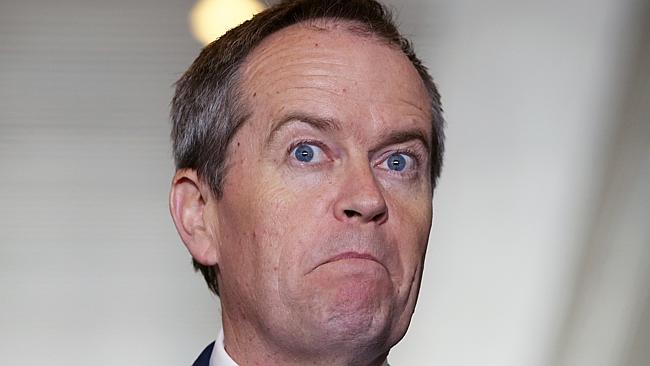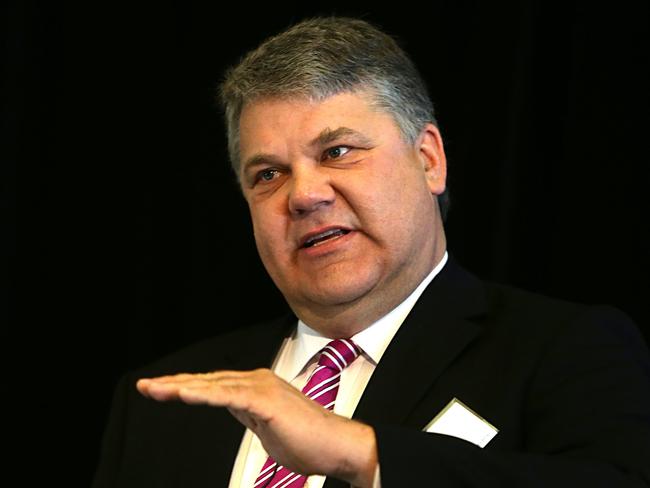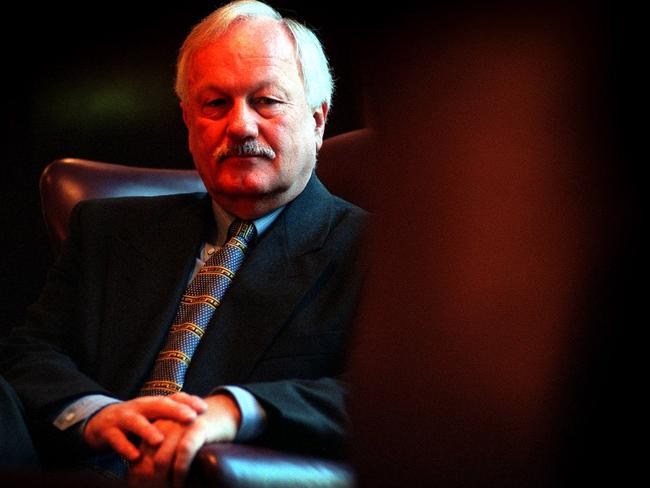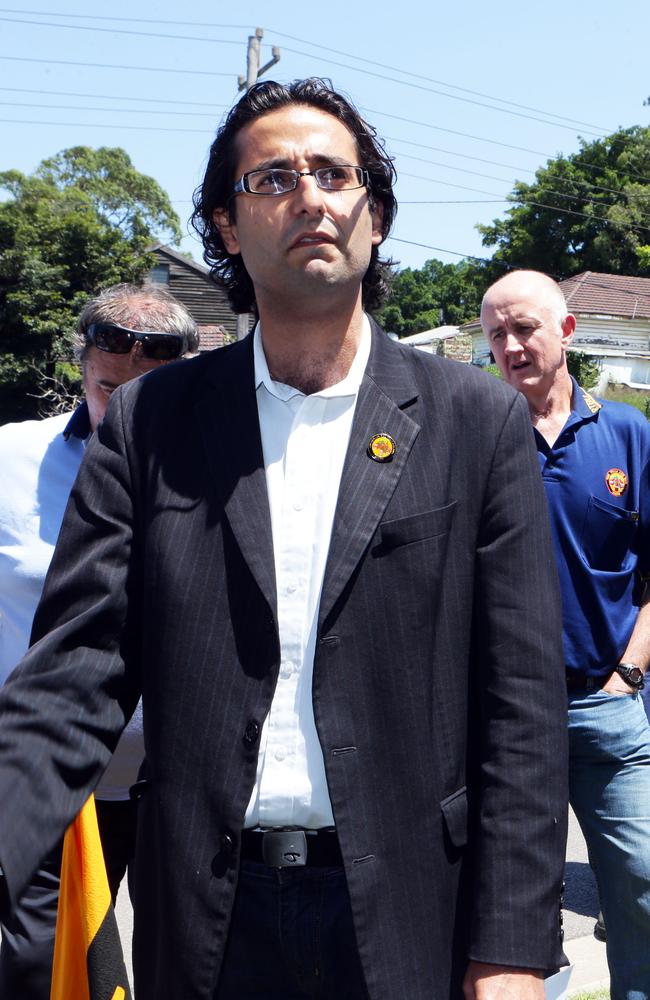Even Bill Shorten’s mates say Labor should at least look at reforming the GST
ONE of Bill Shorten’s key union allies says “we’d be mugs not to look at” tax system changes such as expanding the GST.

EXCLUSIVE: ONE of Bill Shorten’s key union allies says “we’d be mugs not to look at” tax system changes, including expanding the GST.
And Labor’s former top economic adviser agrees.
They are not alone in speaking out about the Labor leader’s refusal to even contemplate consumption tax reform. Sir Richard Douglas, the man who introduced a GST to New Zealand while he was Labour’s finance minister says “no brainer” changes must be made here.
But arguably the most strident criticism of Mr Shorten comes from Rail, Tram & Bus Union national secretary Bob Nanva, who said Mr Shorten — formerly the Australian Workers Union national secretary — should consider detailed modelling, research and compensation options before ruling any measure in or out.
The current debate is “simplistic” and “nauseating”, said Mr Nanva, part of a powerful tax reform panel convened by the number one accountancy firm PwC.
“We’d be mugs not to look” at tax system changes including GST expansion, Mr Nanva said.
Stephen Koukoulas, who was chief economic adviser to Julia Gillard when she was Prime Minister, said it was a mistake to dismiss GST reform out of hand.
“When you are getting one item, the GST, raising $58 billion a year — that much money — of course you’ve got to look at it,” Mr Koukoulas said. “My economic advice, if I was still giving it, would be to look at all of the tax system.”

Labor’s opposition appeared to be due to it not having a plan for “what you’re going to do with the money”, Mr Koukoulas said.
Without a plan it was easier to label GST expansion as a “big bad tax” even though it was possible to shield lower-income earners and welfare recipients by devoting some of the extra revenue to compensation, Mr Koukoulas said. Income tax could be cut as well.
Sir Roger Douglas, who brought in a GST in New Zealand in 1986, said: “Labor is locked into a philosophical position rather than asking themselves: ‘How do we help low-income people?’ If that’s their intention.”

A GST should have the broadest base possible, Sir Richard said. Australia’s covers less than half of all consumption; New Zealand’s applies to 96 per cent of spending.
“Without a shadow of a doubt in my mind, the fewer exceptions you have, the better,” he said. “It just stands to reason that if everything is included, administratively and every other possible way, the end result is far better.”
The OECD has also said a broader base is better.
Soon after the start of New Zealand’s 10 per cent GST, Sir Richard pushed for it to be increased to 15 per cent. That happened in 2010.

Mr Shorten, who recently abandoned Labor’s opposition to asylum-seeker boat turnbacks, referred questions about its GST stance to Treasury spokesman Chris Bowen.
Mr Bowen said expanding the GST would “clearly be regressive, meaning it has a greater impact on lower and middle income households where a higher percentage of their income is spent on consumption”.




